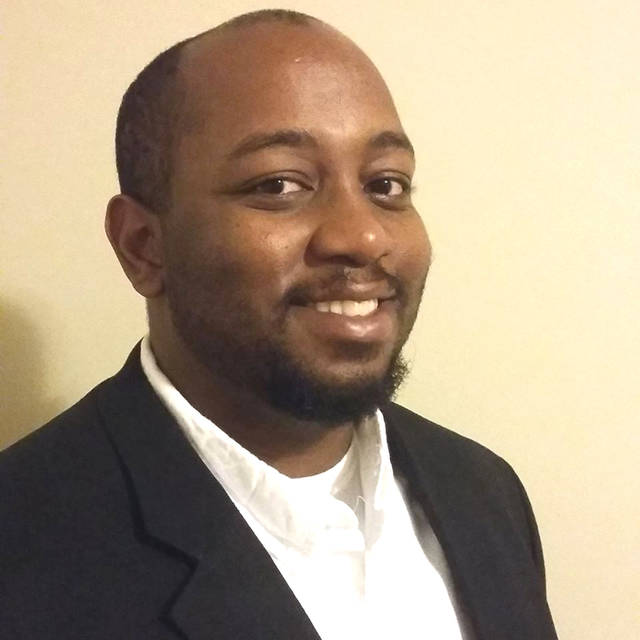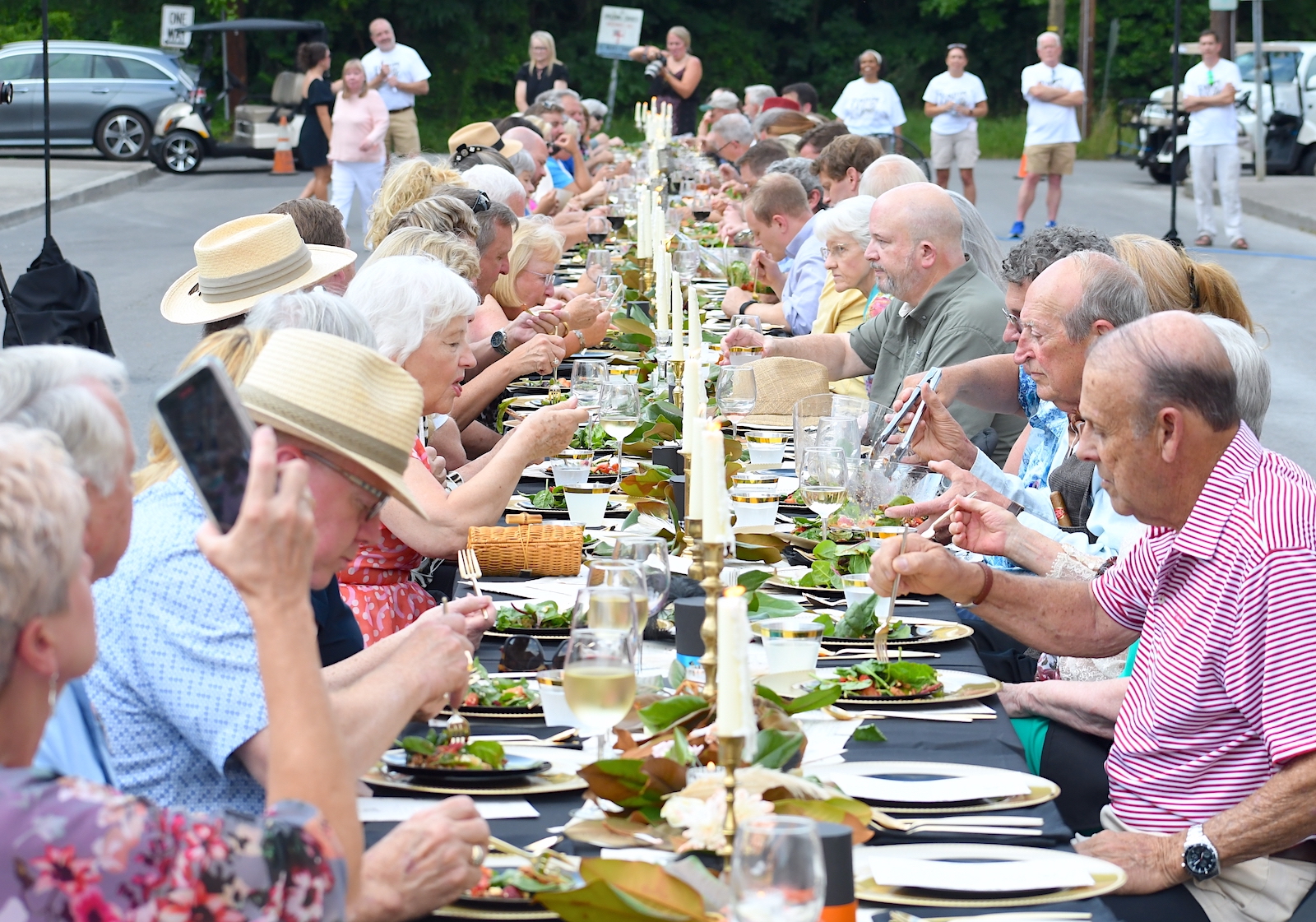Divergent: The death of the moderate viewpoint
Published 2:27 pm Wednesday, December 18, 2019
It’s funny how a somewhat mindless act can create such a thought process that keeps you going down the rabbit hole that is your mind. I experienced this on Sunday. During a day that I decided to stay home, I could not find anything to watch on any of the streaming services — NFL games still mainly resides on local cable networks with the exception of Monday Night Football.
As I was scrolling, I saw a movie that I had watched ages ago — Divergent. It’s a movie that has a more teenage vibe, but I remembered that I found it somewhat interesting. Long story short, I ended up watching the trilogy after being hooked. Don’t get me wrong, they are not the best movies available but they served their purpose.
The trilogy is set in a sort of post-apocalyptic U.S. with Chicago being the only city to survive. Within the city, the characters are divided into four factions based on a set of aptitudes and values that they possess — Dauntless (the brave), Amity (the kind), Erudite (the intelligent), Abnegation (the selfless) and Candor (the honest). Then there are the factionless, who don’t fit in with any of the groups.
Once you are of age, you decide which faction to join — usually based on an aptitude test but there is a free will component. Once you join a faction, you follow the mantra “faction before blood.” It’s pretty self-explanatory from there.
Without diving into the plot, the main theme in all three movies is fear. The main antagonist of the story fears what is called a “Divergent,” who is a person that shares traits of multiple factions. The antagonist fears the Divergent because it represents change, something that strays away from the normal faction system — which is believed to keep the city safe from the threat of war.
If you have made it this far, then you probably can see where I’m going with this.
As I sit in the office and occasionally glimpse over the impeachment hearings, those “factions” are ever so present in the United States today. You are either far left or far right, liberal or conservative, right or wrong with little wiggle room in the middle.
Those who stray too close to the center are often criticized or forgotten all together. A swift Google search to discover the last “moderate” president shows similar results among most political pundits: Dwight Eisenhower, whose presidency stretched from 1953 to 1961. Bill Clinton obtained an honorable mention.
The problem we suffer today is the inability find almost anything that is bipartisan on a regular basis. In a nation that is almost divided into two main factions, Democrat and Republican with a third occasionally sneaking in around election time, anything that strays slightly away from their respective points of view is wrong.
And if you are a moderate, you are an enemy to both factions because you don’t follow the traditional values of either side. The idea that you could be a God-fearing liberal or a Republican in favor of gun control is something neither side really wants. Thus, it can almost make you an outcast in the political realm.
The fact is, the moderate is needed to successfully run a government system that thrives when bipartisanship is achieved. Someone who has a diverse set of values and beliefs that doesn’t fit strictly into the category of Democrat and Republican is needed.
But the likelihood of that person getting a shot in a predominant role in politics is almost zero to none. Because while the moderate is viewed by some as divergent, the majority of people in society simply view them as factionless — a person that doesn’t belong anywhere and is simply discarded. And until we decide to stray away from the norm and start marching toward the gray area of politics, everything will continue being a numbers game.







